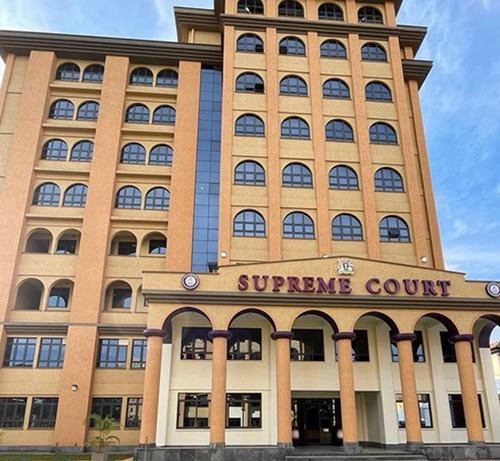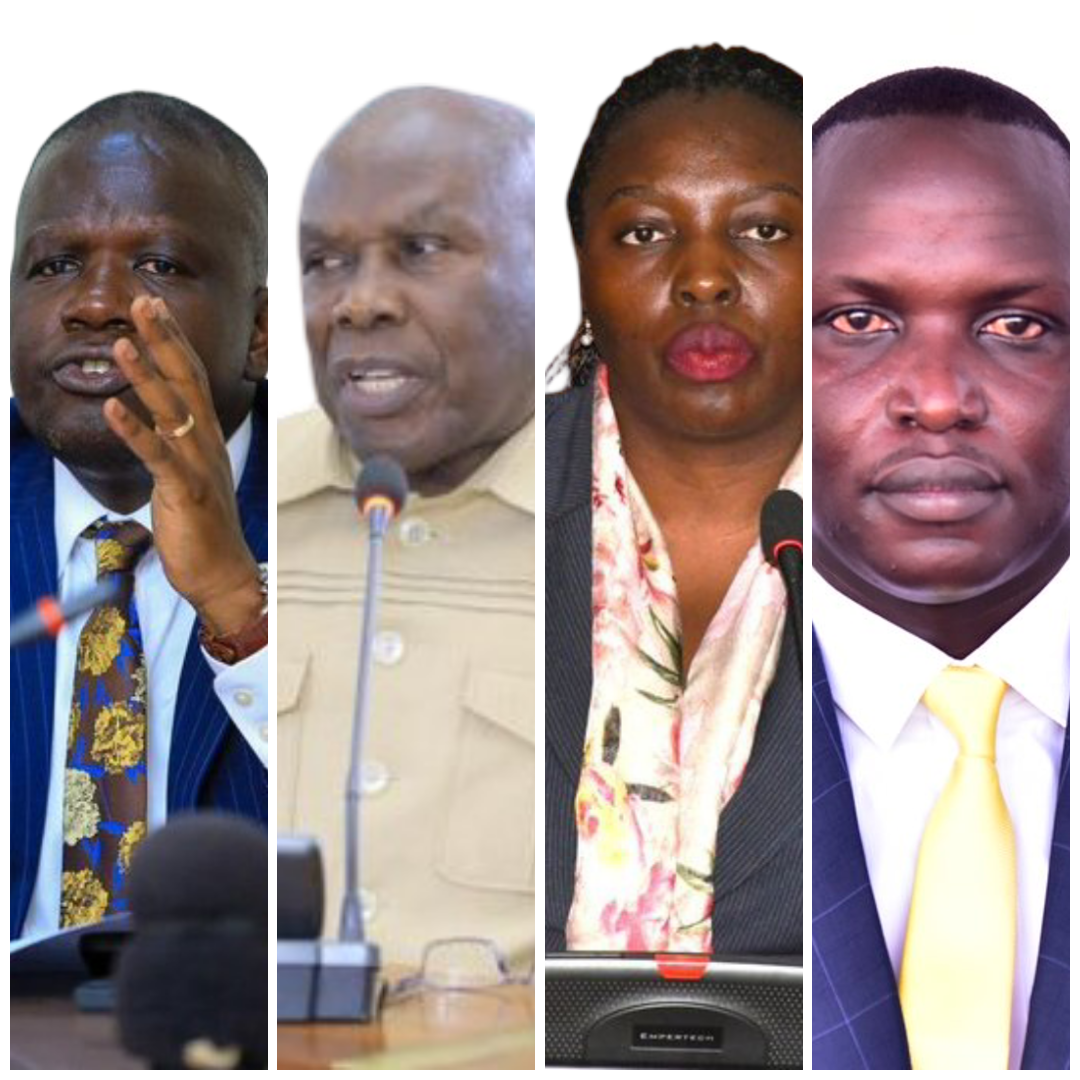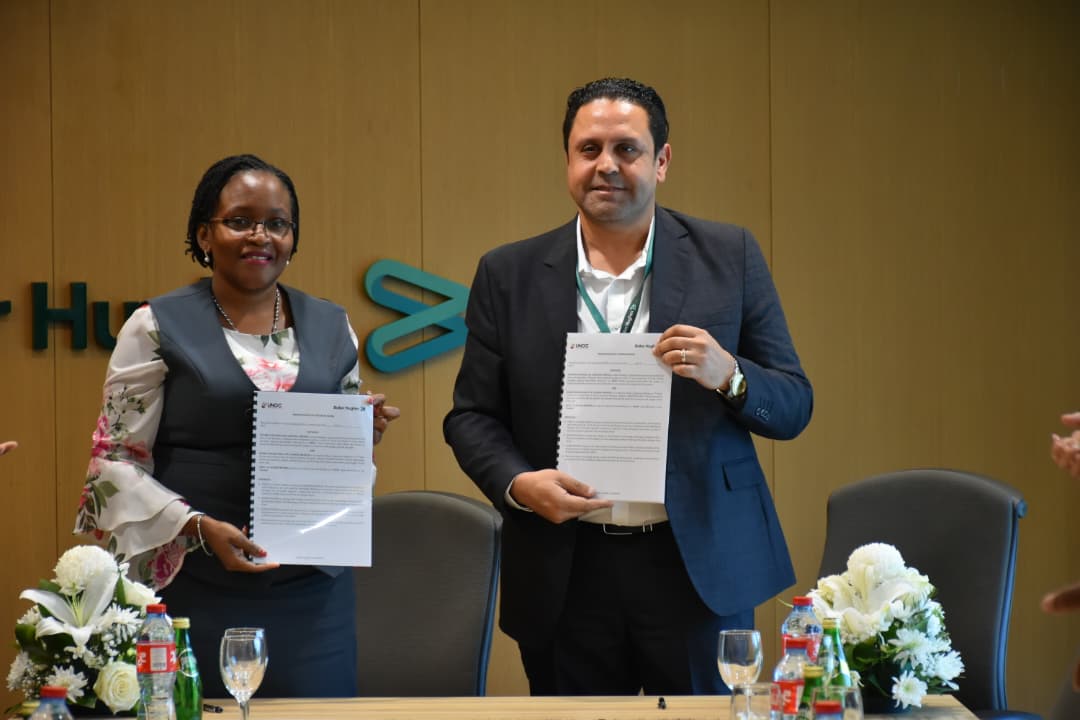Supreme Court to deliver judgment on civilian trials in military courts on January 31, 2025
On July 1, 2021, the Constitutional Court ruled in favor of Hon. Michael Kabaziguruka, declaring it unconstitutional to try civilians under the Penal Code before the General Court Martial. The court noted that the General Court Martial does not qualify as an independent tribunal as required by law, as it is under the control of the Executive arm of government.

The Supreme Court has scheduled January 31, 2025, as the date for delivering its judgment in an appeal filed by the Attorney General challenging the Court of Appeal’s decision to outlaw the trial of civilians in military courts.
“Take notice that the judgment of this appeal has been fixed for the 31st day of January, 2025, at 9:30 am or soon thereafter. The judgment in this appeal will be delivered in this court,” reads part of the notice signed by the Deputy Registrar of the Supreme Court.
The notice further states that if counsel or authorized representatives of the parties fail to appear, the judgment will be delivered in their absence.
This development comes amid widespread public outcry from legal practitioners, civil society organizations, and affected individuals regarding the trial of civilians by the General Court Martial.
Background
On July 1, 2021, the Constitutional Court ruled in favor of Hon. Michael Kabaziguruka, declaring it unconstitutional to try civilians under the Penal Code before the General Court Martial. The court noted that the General Court Martial does not qualify as an independent tribunal as required by law, as it is under the control of the Executive arm of government.
The court argued that this arrangement could compromise the fairness of trials, as the tribunal may be inclined to serve the interests of the appointing authority.
Unsatisfied with the Constitutional Court’s decision, the Attorney General petitioned the Supreme Court to overturn the ruling. On July 16, 2021, a panel of Supreme Court justices led by Chief Justice Alfonse Owiny-Dollo issued an interim order staying the implementation of the Constitutional Court’s decision. This allowed the trial of civilians in military courts to continue pending the Supreme Court’s final judgment.
Delayed justice and ongoing concerns
Since the interim order, several civilians have been tried in military tribunals, including the Makindye General Court Martial. These cases include charges against National Unity Platform (NUP) supporters for treason and unlawful possession of military stores, as well as high-profile cases involving figures like Rtd. Col. Dr. Kizza Besigye, his aide Hajji Obeid Lutale, and Counsel Eron Kiiza, who is currently serving a nine-month sentence at Kitalya Prison.
Stakeholders, including legal experts and human rights advocates, have raised concerns about the delays in resolving the appeal, arguing that it has perpetuated injustices against civilians subjected to military law.
The Supreme Court’s forthcoming judgment is expected to have far-reaching implications for Uganda’s justice system, particularly on the legality of trying civilians in military courts and the independence of tribunals in upholding the rule of law.







